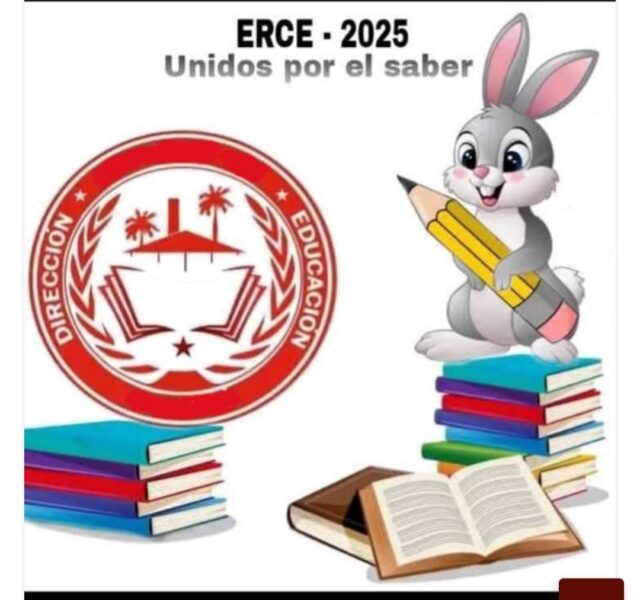 Cuba’s incorporation into the Education Quality Assessment Laboratory in Guantánamo represents an incentive to improve the teaching-educational process and pursue further development, participatory, and inclusive learning.
Cuba’s incorporation into the Education Quality Assessment Laboratory in Guantánamo represents an incentive to improve the teaching-educational process and pursue further development, participatory, and inclusive learning.
Systematic checks, methodological work, and family meetings are actions aimed at changing the practices of teachers, students, and parents to achieve better classes, according to Maricel Rodríguez Fabier, Provincial Director for this level of education.
She also added that the Regional and Comparative Educational Evaluation (ERCE) will be implemented in May in 14 primary schools, most of them in the capital city and the rest in the municipalities of Baracoa and El Salvador, where efforts are being promoted to improve the preparation of the pioneers.
The Provincial Director for this level of education stated that the study covers three basic disciplinary areas: Language, Mathematics and Natural Sciences and the evaluation will measure the skills of third and sixth grade students in writing, text comprehension, mathematical calculations, and science knowledge.
The initiative, now in its fifth edition, has the support of the United Nations Educational, Scientific and Cultural Organization is a long-term research project focused on the evaluation of learning outcomes among students in Latin America and the Caribbean.